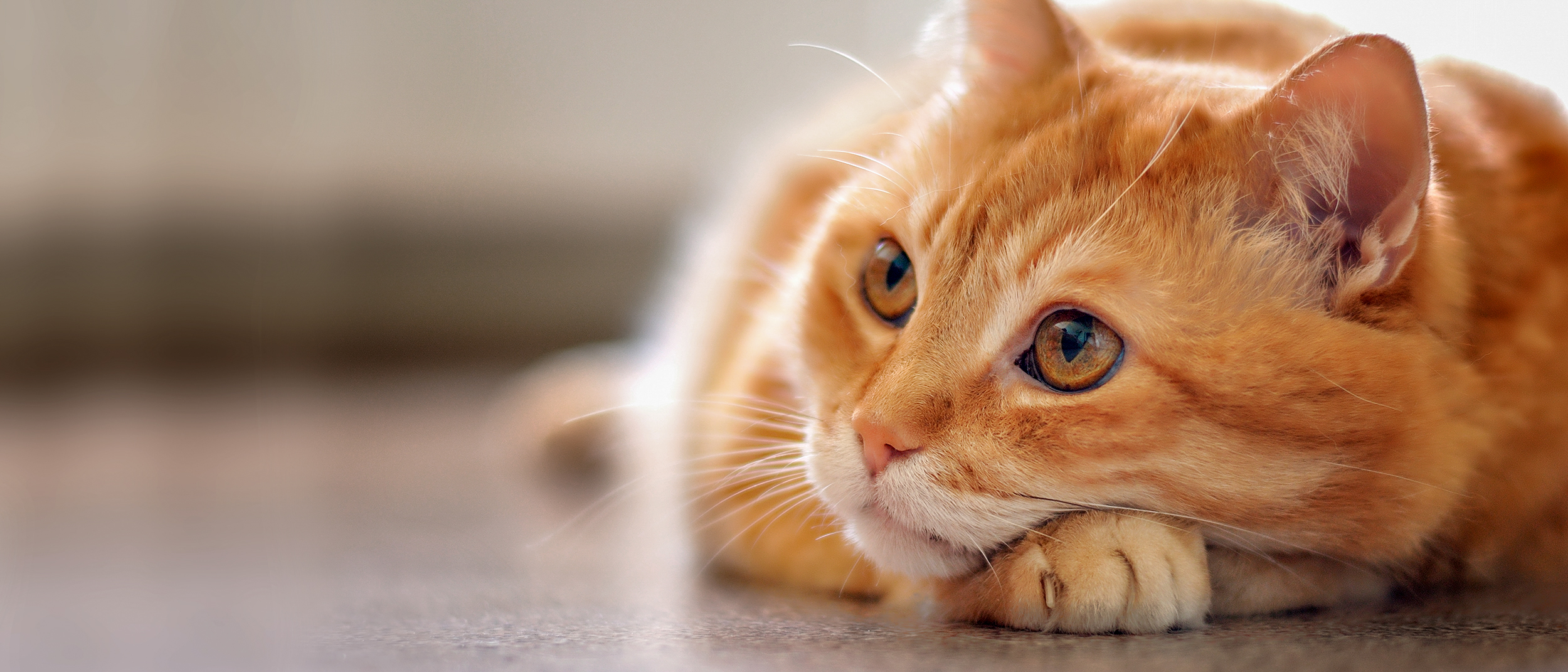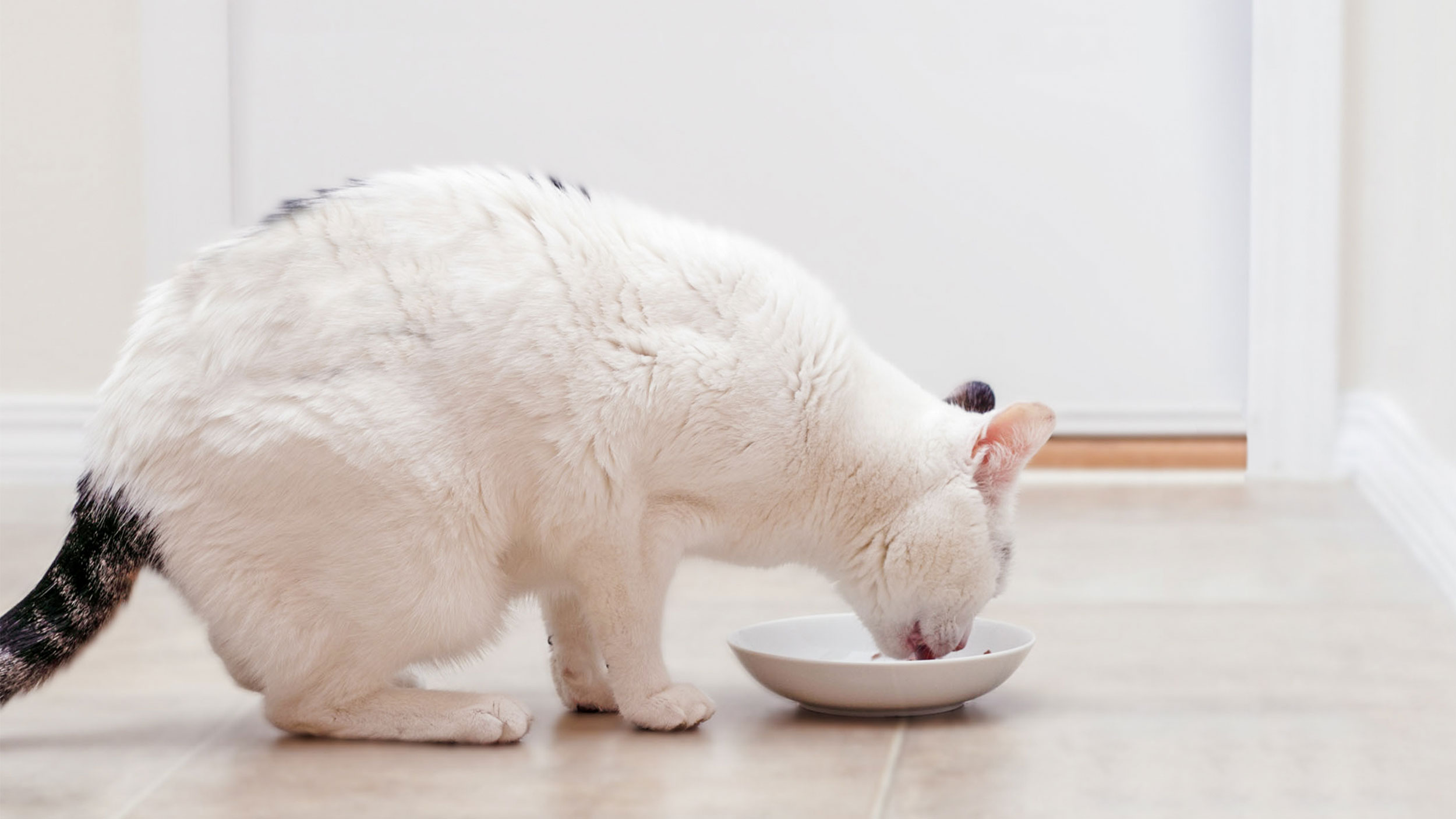Urinary incontinence in cats: Symptoms & Solutions

As your cat gets older, you may start to notice some changes in its behaviour including whether they are still using their litter tray or going outside to eliminate. Incontinence can be a common problem among older cats, with a range of causes – and effective treatments.
What are the symptoms of incontinence in older cats?
If your cat is suffering with incontinence, they may struggle to urinate and possibly strain while doing so. Alternatively, they may not recognise when they are urinating and leave trails of urine in the house. They may have diarrhoea which is difficult to control or stop using their litter tray as they normally do.
What causes incontinence in senior cats?
There are a number of different causes for incontinence in cats, and each requires specific treatment and preventative measures. In the bodies of older cats, the muscles connected to vital organs become weaker, and your cat is able to exert less control over them. Weaker muscles around the urinary tract or bowels can cause incontinence as your cat is unable to use them effectively to prevent or encourage elimination.
In some cases, arthritis may also appear to cause incontinence in ageing cats. In actual fact, if an older cat is suffering from osteoarthritis it can make getting in and out of their litter box painful; your cat may then choose to urinate somewhere which is easier to access. In these instances, your ageing cat may not actually have incontinence, so it's important to check with your vet for an accurate diagnosis.
Diabetes mellitus affects one in every 200 cats, with a greater frequency in cats over the age of seven years. Two of the symptoms of diabetes are the production of large volumes of urine and excessive urination, which may give the appearance of incontinence. If your cat is overweight, it’s more at risk of diabetes; if you notice more frequent, higher volume urination along with increased thirst and hunger, visit your vet straight away.
Senior and geriatric cats can suffer from cognitive impairment as they age – it’s estimated it affects more than 80% of cats between the age of 16 and 20. Cognitive impairment manifests itself as sleeplessness, increased anxiety, disorientation and forgetting where things are or their routine. Your cat may be displaying symptoms of incontinence if its suffering with cognitive impairment, as it may have forgotten where its litter tray is.

How can I care for my incontinent cat?
It’s important to visit your vet if you spot any symptoms of incontinence in your ageing cat. Your vet will be able to identify the cause and provide you with the appropriate treatment. Some of the treatments which your vet may prescribe include:
- Muscle stimulant which allows your cat greater control over their urinary muscles
- Improved diet which makes their urinary environment unfavourable to the formation of stones (which can cause pain and discomfort)
- Specific diet to support digestive health and alleviate symptoms such as diarrhoea through the right blend of fibre, protein and pro- or pre-biotics
You may also wish to make some adjustments round the house to make it easier for an older cat to use their litter box, such as switching it for a box with shallower sides or placing a litter tray on each floor of your house for easy access.
While incontinence in your older cat can be distressing and frustrating, there are ways to help support their recovery and improve their health. Visit your vet for further help and information.
Find a vet
If you have any concerns about your cat’s health, consult a vet for professional advice.
Like & share this page